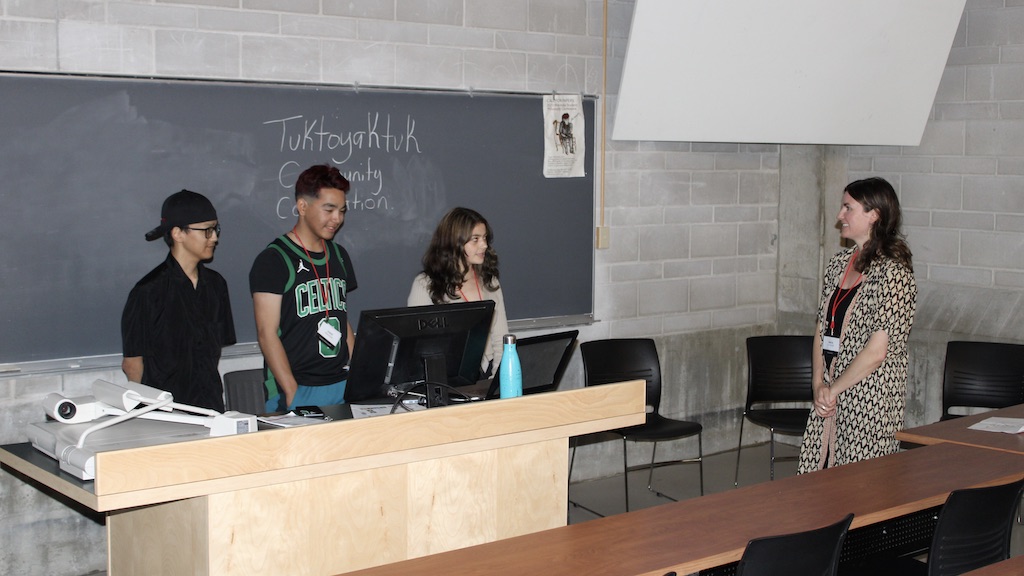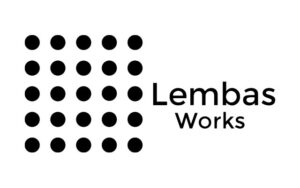This exciting presentation, part of Session 4.5.1, Strategies for centering Indigenous voices for Arctic community-led research and co-production of knowledge for early career researchers, will take place on June 1, 2024 from 13:30 to 15:00 in the Sinus room at the Stormen Concert Hall.
Participatory Video is a powerful knowledge dissemination tool that can empower youth, strengthen resilience in communities and leads to effective communication avenues with decision-makers to advocate for change. In this research presentation, University of Victoria researcher Maeva Gauthier will share a short movie trailer and the journey of her PhD using a community-based participatory research approach to engage youth in Tuktoyaktuk, on the edge of the Canadian Arctic ocean. Focusing on knowledge co-production and guided by a team of partners, these young leaders embarked on a journey of reflections and storytelling to share what climate change means to their community. One of the outcomes of this project was production of a 22min film “Happening to Us.”
To register for the 2024 Arctic Congress, visit their web site at: https://arcticcongress.com





